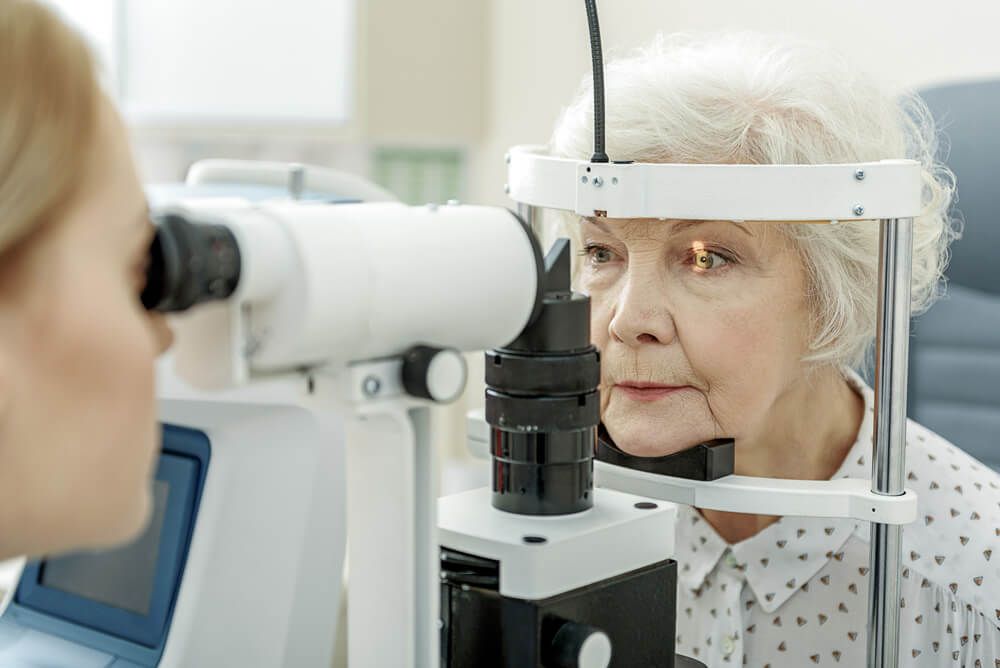- Find a Doctor
- Services & Specialties
-
-
Services & Specialties
-
-
-
-
- Find a Location
- News & Resources
-
-
News & Resources
- Welcome Our Newest Doctors
- Latest News
- Learn More About Our Surgery Centers
- Why Proliance Surgeons?
- Meet Our Leadership
- Meet Our Board
- Contact Us Today
- Pay My Bill
- Career Opportunities
- Mission, Vision, Values
- Phreesia FAQ
- Insurance Plans
- Medical Records
- Balance Billing Protection Act
- PELTO Health Partners
- Revenue Cycle Credit Resolution
- Proliance Surgeons Foundation
- 24/7 Care Info
-
-
-
-
- Pricing
Optometrists
Optometrists are a type of healthcare professional who provides primary vision care. They are trained to diagnose and treat common eye-related conditions and problems. Regular vision and eye exams are essential to identifying problems before they become serious or chronic. Throughout a person’s life, every two years eyes should be checked for any issues, every year if over the age of fifty-five.

What is an Optometrist?
An allergy is the body’s reaction to a foreign protein that is harmless to most people and causes the immune system to overreact when the foreign protein enters the body. An allergic reaction is the body’s response and develops from the creation of immunoglobulin that the immune system makes. These antibodies find the allergens in your body and help remove them by taking them to the allergy cell which makes it release histamine, and the histamine is what causes the allergic reaction.
An optometrist is able to diagnose and treat various eye diseases and vision problems and is able to prescribe many common treatments to correct vision issues:
- contact lenses
- medications to treat eye conditions
- eyeglasses
- low vision treatments

Optometrist vs. Ophthalmologist
Optometrists are sometimes confused with another eye care specialist, an ophthalmologist. While they both provide care to eyes, there are specific differences between the two eye health professionals:
- Optometrists aren’t qualified or licensed to perform eye surgery, but will refer a patient to an ophthalmologist to identify issues that may require surgery.
- Ophthalmologists are medical doctors and are doctors of osteopathy, attended medical school, and are qualified to treat and diagnose conditions that affect the eye, and vision, and perform surgery.
What Do Optometrists Treat?
An optometrist is qualified to treat and diagnose a range of common eye health and vision issues:
- Myopia, or nearsightedness: a common vision disorder that affects a person’s sense of distance by not being able to see objects far.
- Hyperopia, or farsightedness: a common vision disorder that affects a person’s sense of distance by blurring objects when things are close.
- Astigmatism: a condition where a part of the eye is curved more than it should be and makes for blurry vision.
- Diplopia, or double vision: either temporary or a symptom of a more serious issue, when a person sees double.
- Presbyopia: loss of clear up-close vision, age-related.
- Retina issues
- Color blindness: being unable to see colors correctly, having trouble seeing the difference between certain colors or shades, unable to perceive the brightness of colors correctly.
- Eye infections
- Eye inflammation
- Cataracts: cloudy areas that develop on the eye’s lens causing blurry vision and glare
- Glaucoma: a group of eye disorders that damage the optic nerve
- Macular Degeneration: an age-related retinal condition that can cause some vision loss.


